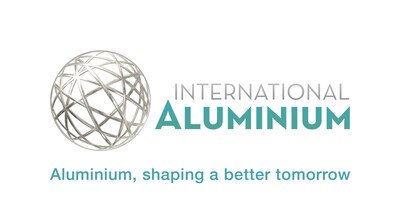
The Global Beverage Can Circularity Alliance, established in the wake of COP28, is launching its global advocacy plan at Climate Week NYC.
The plan, developed by Roland Berger, identifies actions, investments and policies based on domestic can usage, waste management systems and socio-economic factors in 140 countries.
For example, Colombia, Uganda and Vietnam could achieve a 90% recycling rate and near 100% can-to-can recycling within three to ten years by investing in their informal recycling sectors.
Countries such as the United States, UAE, Turkey and Malaysia could boost recycling rates by 20 percentage points by 2030 through measures such as incentivising collection via source separation and overcoming logistical hurdles.
The plan also highlights countries – such as UK, South Korea, Japan or Spain – where key stakeholders, such as brand owners, retail and government, are most likely to support Deposite Return Systems' (DRS) implementation to further enhance recycling and can-to can-recycling rates.
The plan further emphasises the broader global implications of recycling. For instance, recycling the aluminium beverage cans currently landfilled in the USA could offset 18% of the country's aluminium imports.
Florida, which has the second highest consumption of aluminium cans in the United States after Texas, landfills 79% of its cans. In Vietnam, 46% of used beverage cans are currently exported as ingots for non-can-to-can recycling, while a voluntary DRS in the UAE has shown positive net system costs in several scenarios.
Other key features of the Alliance's strategy include:
Designing and deploying strategic advocacy efforts focused on international diplomacy.
Supporting companies in identifying recycling infrastructure investment opportunities.
Driving better data collection, recycling target setting, and implementation of smart policies.
Providing global support to countries considering DRS, Extended Producer Responsibility, or other policies.
The Alliance, supported by Aluminum Association, Can Manufacturers Institute and the International Aluminium Institute, will host an international strategy event during Climate Week NYC to discuss approaches for achieving a near 100% recycling of aluminium beverage cans by 2050.
Each Alliance member company has committed to announcing at least one investment by COP30 to help achieve the global recycling targets.
The Alliance, which was formed during COP28 at the time, called on national governments to commit to setting appropriate policies to achieve global aluminium beverage can recycling targets of at least 80% by 2030 and near 100% by 2050.
The Alliance members are Ardagh Metal Packaging, Ball Corporation, CANPACK Group, Constellium, CROWN Holdings, Elval, Emirates Global Aluminium, Novelis, Speira and UACJ.